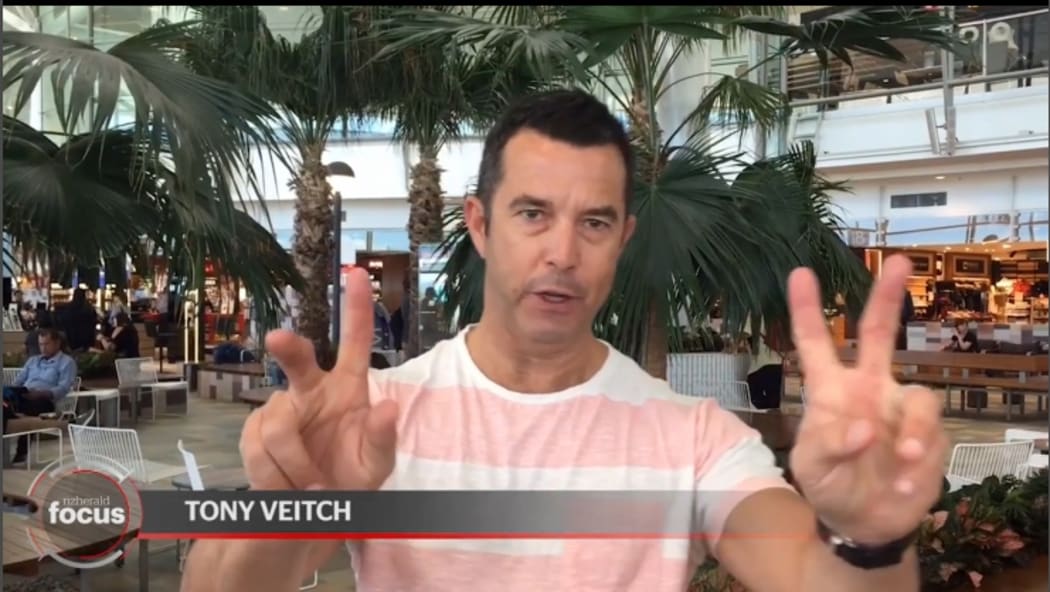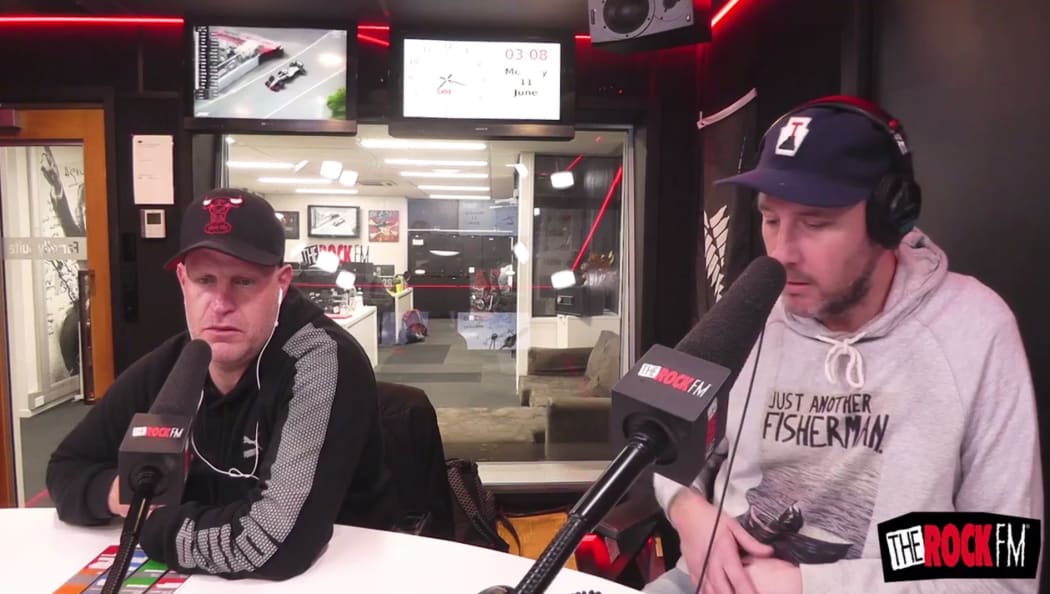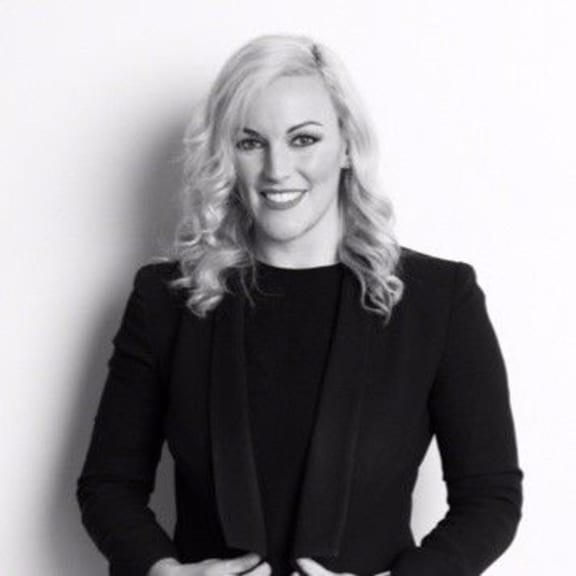The news media made a “pivot to video” partly because social media users couldn’t get enough of it. But Facebook eventually admitted its figures were flaky and now it is being sued by advertisers in the US. Have media companies made a mistake going visual?

NZME's Tony Veitch launched the Herald Focus afternoon edition from Brisbane's airport in 2016. Photo: screenshot
Routine news stories on our major new websites are often studded with several videos each these days. Many of them play automatically until you stop them and - just as annoying - they don't always add a lot to the actual story.
They are there because the publishers can bolt lucrative 'pre-roll' video ads onto them and also because they reckon users love to watch and share online video.
The Herald’s publisher NZME launched twice-daily short video news bulletins in 2016 called Herald Focus and followed up with local news equivalent Local Focus, supported by New Zealand on Air with money which once funded local TV stations' news.
NZME had already fired up a video-on-demand platform called Watch Me which mostly hosts short-ish comedy content. Mike Hosking's re-versioned on air-radio editorials appear as Mike's Minutes videos.

Photo: screenshot
Meanwhile, their rivals at Mediaworks turned the cameras on their radio hosts to create video to feed to their Facebook followers.

Radio stations have turned the cameras on their hosts to feeds their Facebook feeds. Photo: screenshot
Rival publisher Stuff, originally a newspaper company, also embraced online video with gusto - and with dollars.
They have hired the crew from TV3's current affairs show 3D, broadcaster Alison Mau and former TV3 producer Carol Hirschfeld to oversee Stuff’s multimedia stuff.
Ms Hirschfeld came from RNZ where - along with former TV3 colleague John Campbell - she relaunched the 50 year-old Checkpoint in 2017 as radio with pictures, available on TV and online.
RNZ has plans to make more shows and content with added digital video. The current Government has bumped up its budget for the purpose and also the budget of New Zealand on Air.
This week the minister of broadcasting and digital media Kris Faafoi told NBR more public money is going to online video content too. Fittingly, he said so in a video interview for its NBR View service from its studio in Parliament.
It is cheaper than ever to create video these days, but it needs special skills and soaks up scarce time and effort in newsrooms. Why are the news media so keen in it?
Performing the pivot
Two years ago, Facebook was telling the media industry stories based on video becoming more popular on its platform than plain old fashioned words.
“We’re entering this new golden age of video. I wouldn’t be surprised if you fast-forward five years and most of the content that people see on Facebook and are sharing on a day-to-day basis is video,” Facebook CEO Mark Zuckerberg said in April 2016
Its video viewership stats appeared to back that up and the company was heavily pushing its video service Facebook Live at the time.
A company with two billion users worldwide couldn’t be wrong about this, could it?
Two years ago Facebook admitted its measuring of how widely its video ads were viewed had been faulty.
The error affected a Facebook metric called "average duration of video viewed", which was supposed to tell publishers for how long, on average, people had watched a video.
However, the metric did not include viewers who had watched for less than three seconds in the count.
Discounting the shorter views - including people who had ignored a video in their news feed - inflated the average viewing times for each video.
It was also criticised for counting a video as being viewed after just three seconds.
Earlier this month, digital media expert Karen Nelson-Field told Mediawatch some research findings which seem to show Facebook videos have huge impact had been "inflated."
A group of advertisers is suing Facebook in the US for understating how much it overestimated the viewership. They say Facebook knew about the problem at least a year before fronting up.
Is this a big deal to anyone else?
Sure is. News organisations re-allocated news resources to “pivot to video” and many have also paid Facebook directly to push more of their own videos into the news feeds the Facebook users apparently so hungry for it.
"Did Facebook knowingly or mistakenly take publishers down the road of death by pushing for a pivot-to-video? Did publishers walk off a cliff because they assumed that if Facebook says it’s seeing massive numbers shifting from text to video - then it must be true?," Singapore-based digital agency Splice Newsroom asked this week.

Duncan Greive. Photo: supplied
Under the bold headline: Facebook’s fake video stats smashed NZ journalism the managing editor of online outlet The Spinoff reckons that had happened here.
Duncan Greive also argued Facebook’s scale and its behaviour make it "a monster" and successive governments here have actively supported it.
Almost every department and agency creates content to fill their Facebook pages, and spends more to boost the content on the platform.
"An educated guess suggests it’s well over eight figures, and probably over nine – an extraordinary sum to spend on a malign foreign entity which barely pays tax in New Zealand. There is almost no chance that the government spends anything like as much on public journalism as it does on Facebook," he wrote
Media companies here didn't pivot-to-video purely because Facebook and its figures made it sound like a smart move two years ago.
They were already putting effort and money into it in their overall multimedia transitions, backed up by research on how people use their PCs, tablets and smartphones. in 2015, MediaWorks boss mark Weldon launched short-lived gossip site Scout citing the appetite for "snackable, shareable video".
But Facebook loomed large in all that too.
"NZ on Air and our media companies committed millions of dollars and dozens of jobs on the basis of a platform which had failed to provide accurate data to its customers. And part of the reason they were acting with such urgency was because so many advertisers believed the numbers too," aid Duncan Greive on The Spinoff.
Do our commercial media companies feel they were conned into 'pivoting' for not much profit - and newsroom have suffered as a result?

NZME's head of digital, Laura Maxwell. Photo: supplied / NZME
"Consumers were consuming more video - and not just on TV - so we wanted to make content too. We have not had specific sessions on 'pivoting to video' or sacrificing other content to produce video," said Laura Maxwell, Head of Digital at the New Zealand Herald's publisher NZME, which has added lots video to its radio and online news diet in recent years.
NZME has laid off radio reporters in New Plymouth and Dunedin recently and scaled by regional reporting to cuts costs while news video has grown, but Laura Maxwell says online video has only added to NZME's news.
"There's always a trade-off for creating content extensions but we get a return on content that lives in an online format and can be accessed again," she said.
"The investment we make is to create the content for the right audience at the right time," she said.
NZME will be offering Herald 'premium content' with online subscriptions to create more investment for journalism, she said.
"It may seem we are making decisions based on putting everything into video, but our newsrooms are focused on creating local content in a range of formats," she said. "It's not about throwing out the baby with the bathwater to create more video," she said.
AUT researcher Merja Myllilahti analysed the Facebook traffic of Nzherald.co.nz, Stuff, TVNZ 1 News and The Spinoff. She concluded were highly dependent on Facebook for online referrals, but it returned only tiny amount in revenue.

Tina Moore, NZME head of social media. Photo: supplied
Did NZME consider cutting ties with Facebook after it video viewership fiasco in 2016?
"It did cause a storm at the time in the industry. We have accepted they have erred on many an occasion and we take what they say with a grain of salt," NZME head of social media Tina Moore told Mediawatch.
"It was a big, flashing shiny light to say that video was performing better on Facebook than other channels. Facebook wasn't answerable to external measurement and others [in the industry] are. We have the trust that we actually deliver that audience and Facebook has proven again and again that they are not," said Tina Moore.
Laura Maxwell says Facebook viewership also drives traffic back to NZME's websites and anyone putting video content out via Facebook is also using other channels. Younger New Zealanders are moving off Facebook in any case and onto other services such as Instragram (owned by Facebook).
Tina Moore says traffic would plummet if NZME pulled the plug on Facebook and it would be a bad move because rival publishers would gain.
"We are all locked into it," she told Mediawatch.
"Everyone would have to pull the pin all at once together," she said.
"If we had more protection from international media players we would have a much more flourishing market," said Laura Maxwell.
"The books should be opened" on how much public money is invested in "international competitors" like Facebook.

